The U.S. Government Just Launched a Secret Weapon Against DJI Drones – Section 232

Check out the Best Deals on Amazon for DJI Drones today!
The United States government is conducting a security investigation into DJI and Autel drones to assess whether their import or use poses a threat to national security. The outcome of this investigation seems predictable—it will likely align with the government’s objectives. Here’s what this means for the drone industry in the United States. I’m Russ, and today we’re breaking down a development that could reshape the future of drones in the U.S. Thanks for joining me!
Security Audit Under the National Defense Authorization Act
The National Defense Authorization Act (NDAA) of 2025, specifically Section 1709, mandates a comprehensive security audit of Chinese-made drones to determine if they pose a national security risk. This audit must be completed by the end of 2025. If it isn’t, these drones will automatically be added to the federal covered entity list, effectively banning them from interacting with U.S. infrastructure and communications networks.
New Investigation Under the Trade Expansion Act
As of July 15, 2025, a new investigation has been launched under Section 232 of the Trade Expansion Act of 1962. While related to the NDAA’s directive, this investigation is distinct. Section 232 grants the U.S. Department of Commerce and the President the authority to impose restrictions on certain imported goods without congressional approval. This means swift action—penalties, restrictions, or tariffs—can be implemented if the findings justify it.
Why This Approach?
A true security audit is unlikely to uncover evidence sufficient to halt the use of DJI drones in the U.S., as there may be little to reveal. Instead, the government is framing the issue as an economic threat. Section 232 focuses on economic national security, evaluating whether imports like drones harm U.S. industries critical to national defense or the economy. For example, in 2018, the Trump administration used Section 232 to impose 25% tariffs on steel and 10% on aluminum, boosting U.S. manufacturing jobs but raising steel prices, which impacted downstream industries.
Impact on the Drone Industry
Over 75% of drones used in the U.S. are Chinese-made, primarily by DJI, with Autel holding a smaller share. No significant American competitor exists in the consumer, prosumer, or enterprise drone markets. The core question is whether Chinese drone imports are stifling the growth of a U.S. drone manufacturing sector. The Department of Commerce is likely to conclude that they are, aligning with the political and economic push for domestic innovation.
Predicted Outcomes
Based on trends in other industries, here are the likely outcomes:
- Increased Tariffs: Higher import tariffs on Chinese drones will make DJI products more expensive, narrowing the price gap with emerging American alternatives. This mirrors actions taken with solar panels, steel, and semiconductors.
- Federal Incentives: Tax breaks and subsidies will likely be offered to U.S. drone manufacturers to encourage a competitive domestic industry.
- Expanded Restrictions: New federal guidelines may prohibit Chinese-made drones in sensitive sectors like law enforcement, energy infrastructure, and emergency services, forcing agencies to seek alternatives.
Long-Term Implications
These measures will drive a gradual decoupling from Chinese drone manufacturers through tariffs, incentives, procurement policies, and regulations. This shift will likely enjoy bipartisan support, as it promotes national security and American jobs. It could spark a drone manufacturing revolution in the U.S., similar to advancements in electric vehicles and semiconductors.
Challenges for Recreational Users and Small Businesses
For recreational drone users and small business operators in fields like real estate, photography, or filmmaking, this transition offers little immediate benefit. Domestic drone production will likely prioritize industrial, defense, and enterprise markets, where government contracts and subsidies are concentrated. No one in Washington is focused on developing a $699 camera drone for hobbyists. While DJI drones will remain available, they’ll come at a higher cost, which stings for users like us.
A Call to American Innovators
There’s an opportunity for someone to create the first successful American-made recreational drone. When tariffs hit, a gap in the consumer market will emerge, and the first company to fill it could dominate. A drone doesn’t need to be perfect—even a basic model with an American flag will resonate with hobbyists eager to support domestic tech. If you have the skills and resources, now is the time to act. Reach out when you’re ready to launch, and I’ll review it here on the channel!
Looking Ahead
For now, keep flying your DJI drones—they’re still excellent and will continue to work. Take care of them, as upgrading to new models will be costly. Ultimately, this shift will benefit consumers by fostering competition and choice. Having the option to try an American-made drone in the next year or two is exciting, even if it’s hard to match DJI’s quality. Options are good, and competition drives innovation.
What do you think? Can a U.S. company compete with DJI, or are we too far behind? Drop a comment below with your thoughts. Thanks for watching, and as always, fly safe and fly smart!
Discover more from DroneXL.co
Subscribe to get the latest posts sent to your email.
Check out our Classic Line of T-Shirts, Polos, Hoodies and more in our new store today!

MAKE YOUR VOICE HEARD
Proposed legislation threatens your ability to use drones for fun, work, and safety. The Drone Advocacy Alliance is fighting to ensure your voice is heard in these critical policy discussions.Join us and tell your elected officials to protect your right to fly.
Get your Part 107 Certificate
Pass the Part 107 test and take to the skies with the Pilot Institute. We have helped thousands of people become airplane and commercial drone pilots. Our courses are designed by industry experts to help you pass FAA tests and achieve your dreams.

Copyright © DroneXL.co 2026. All rights reserved. The content, images, and intellectual property on this website are protected by copyright law. Reproduction or distribution of any material without prior written permission from DroneXL.co is strictly prohibited. For permissions and inquiries, please contact us first. DroneXL.co is a proud partner of the Drone Advocacy Alliance. Be sure to check out DroneXL's sister site, EVXL.co, for all the latest news on electric vehicles.
FTC: DroneXL.co is an Amazon Associate and uses affiliate links that can generate income from qualifying purchases. We do not sell, share, rent out, or spam your email.






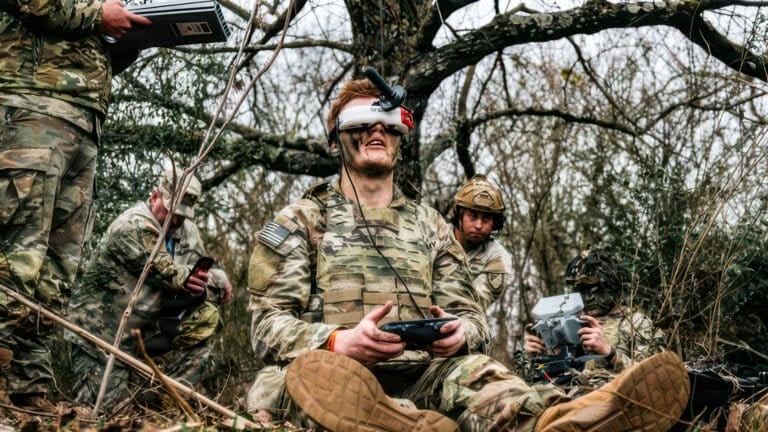

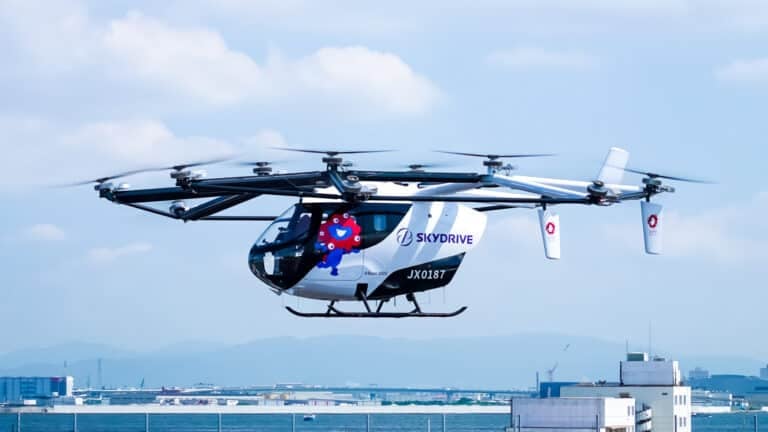
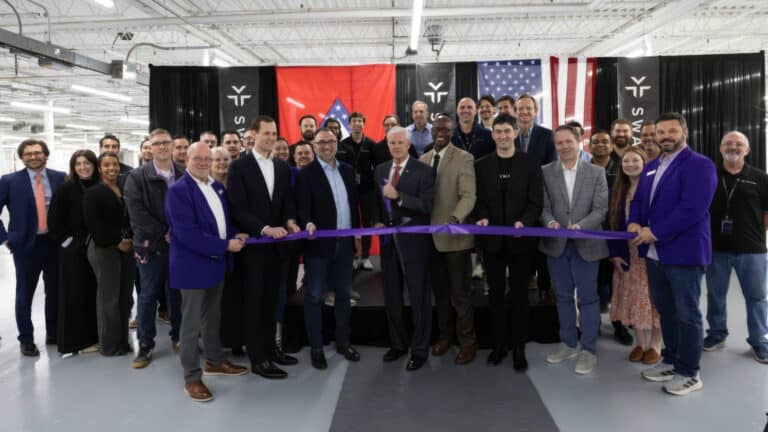

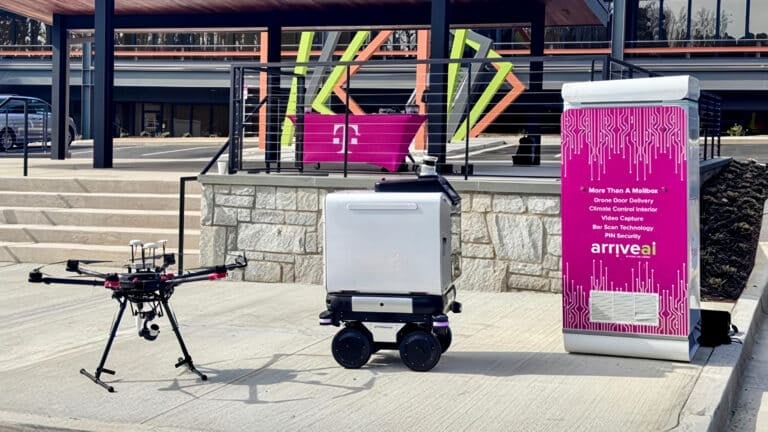
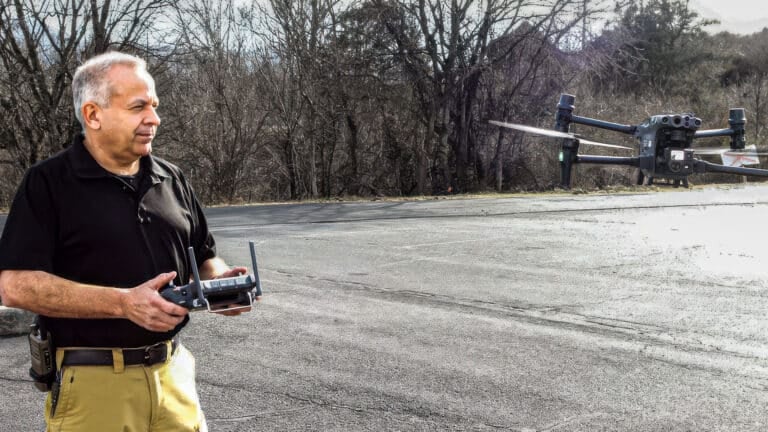
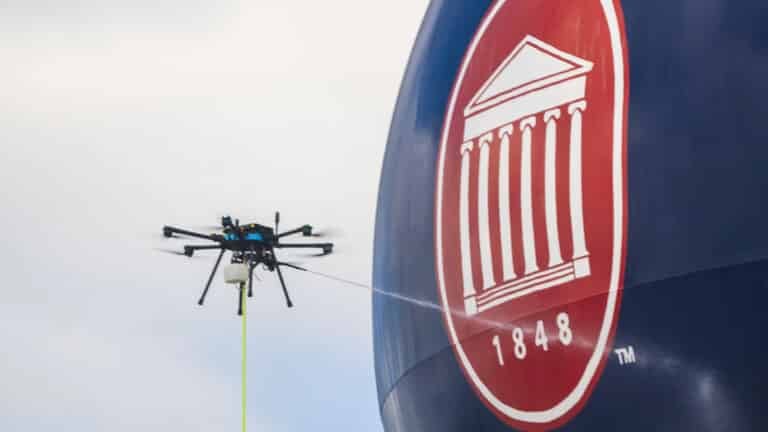
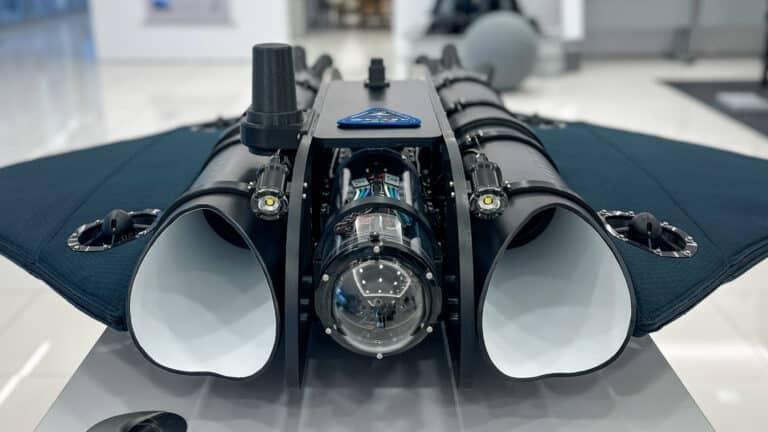
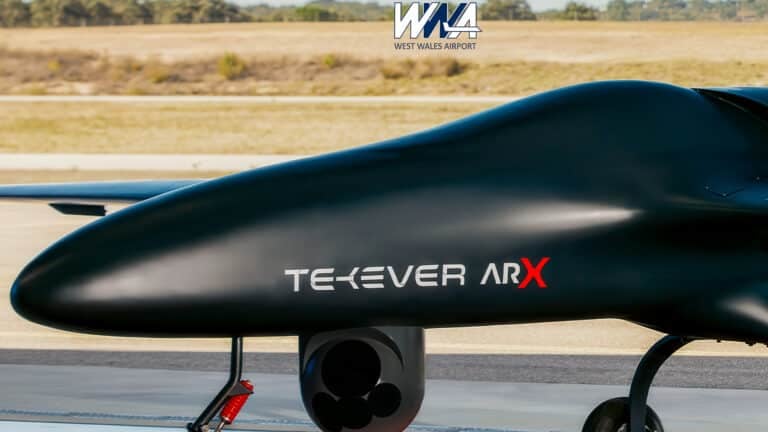
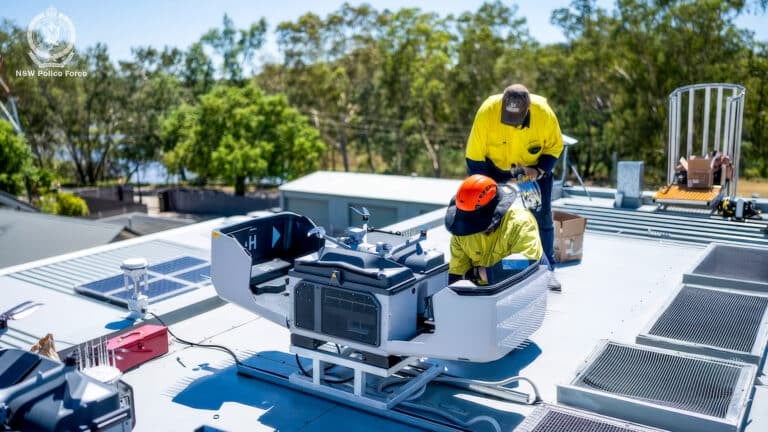

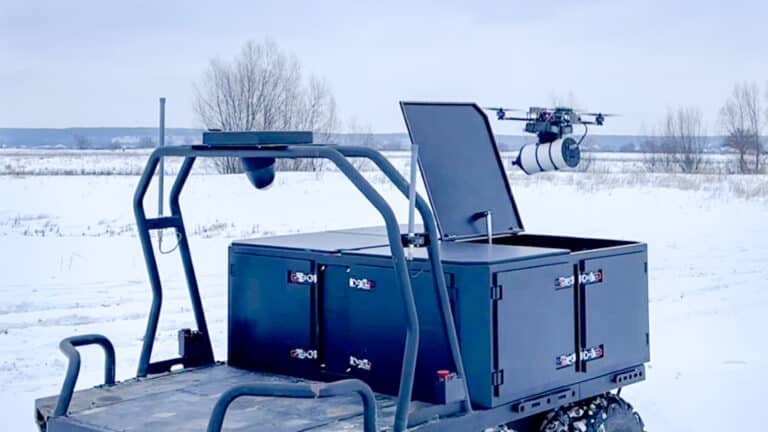
What about cell phones, all are made in China
I’ve tried multiple US drones and they all pale in comparison to DJI. The Skydio X10 is the best, but at 3 times to cost, not to mention the multiple thousands a year on things like night sense and 3D scan.
I’d rather never touch a US made drones again